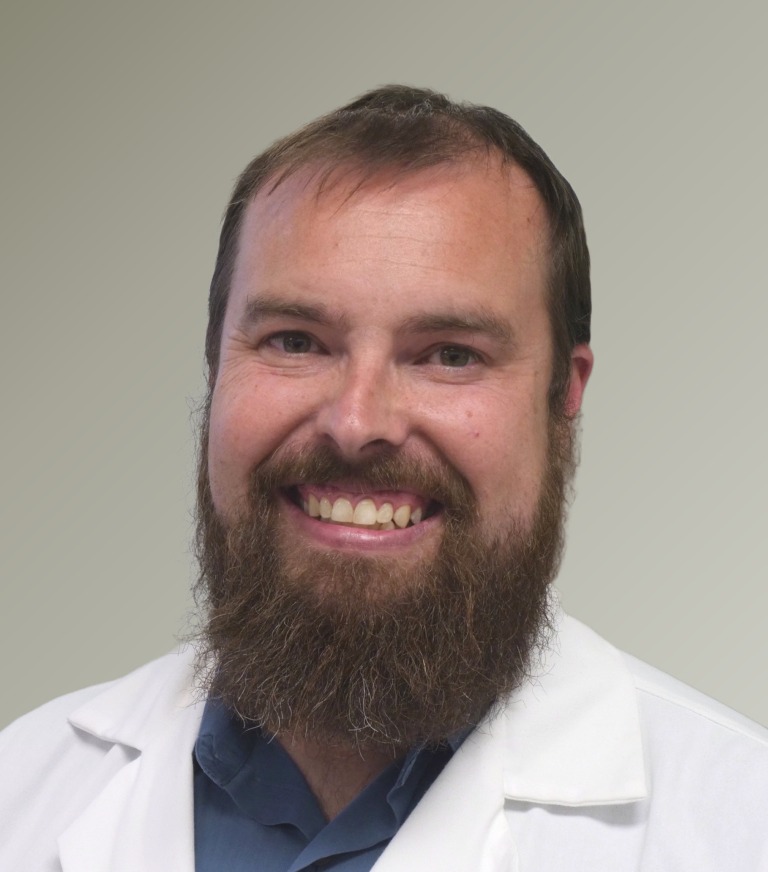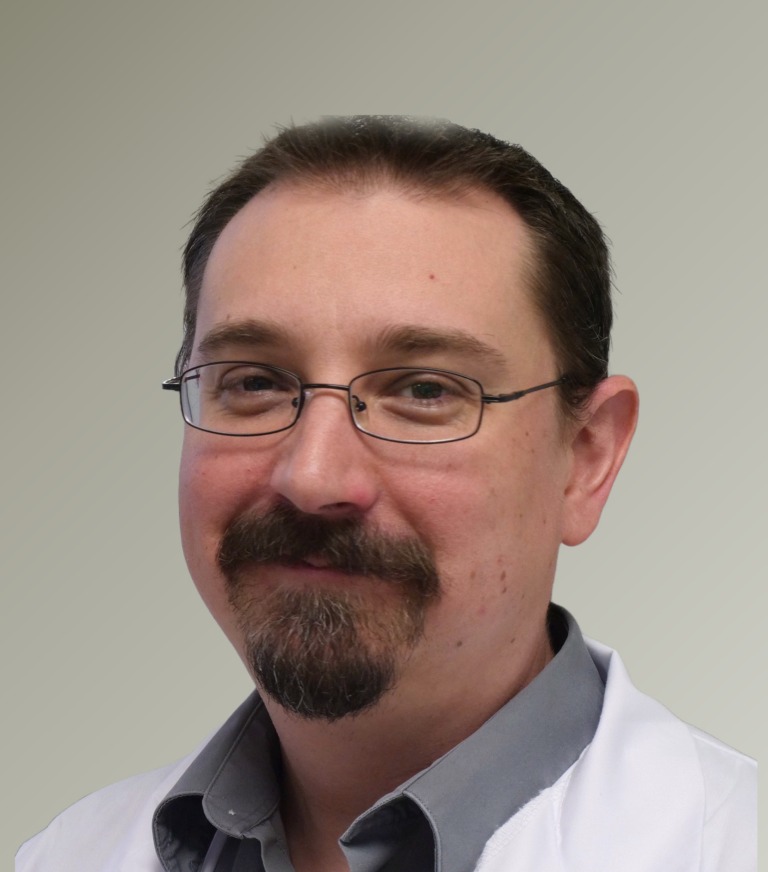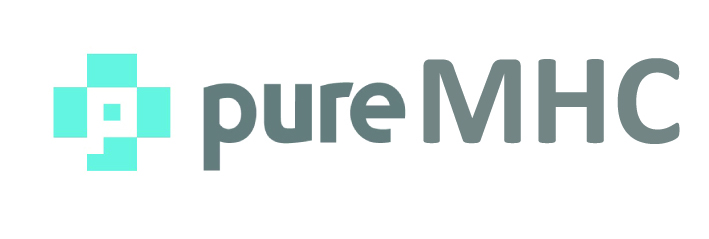The core members of the Pure MHC team have worked together closely for over a decade, first in academia and then at the company, and have authored more than 130 peer reviewed publications on HLA-related topics.
TEAM
Pure MHC Management Team

Curtis McMurtrey, PhD
Director of Immuno-Proteomics
READ BIO

Jason Krawic, PhD
Business Development Manager
READ BIO

Kris Looney
President
READ BIO

Rico Buchli, PhD
Director of Research-TCRm Development
READ BIO

Steven Lloyd Mayer, MD
Chief Medical Officer
READ BIO
